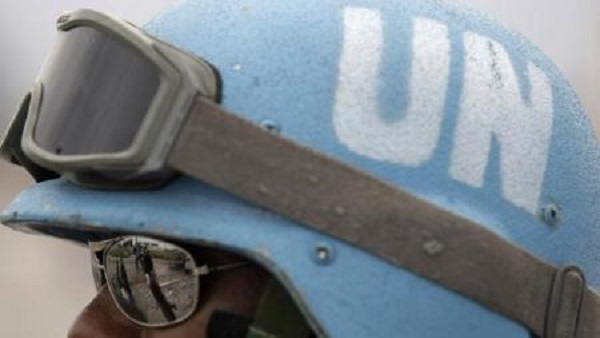The UN peacekeeping mission in Ivory Coast comes to an end Friday, 13 years after it intervened to implement a peace agreement as the West African economic powerhouse was split in two by civil war.
While many praise the mission’s success in stabilising the country after years of conflict and post-electoral violence, others point to a recent series of army mutinies as a sign that peace remains tentative.
“The departure of UNOCI shows the remarkable progress that has been accomplished in Ivory Coast on the path to peace, lasting stability and economic prosperity,” said Aichatou Mindaoudou, the UN secretary-general’s special representative for the country.
U.N. peacekeepers first worked to maintain a cease-fire between the rebel-controlled north and the government-controlled south after an attempted coup in 2002 led to civil war. A peace deal in 2007 ultimately brought key rebel leaders into the administration, but deep divisions remained.
The country again came close to civil war in 2011 when then-leader Laurent Gbagbo refused to concede defeat after losing the election and some 3,000 people were killed in the violence that followed. Current President Alassane Ouattara was later installed with the help of his former rebel allies and the international community.
Some 6,900 uniformed personnel were authorized under the original UN resolution authorizing the peacekeeping mission, but that number had fallen to roughly 2,600 at the end of last year.
As of Friday, the mission that most recently cost $153 million a year will be over. The U.N. Security Council in April 2016 voted unanimously to end the mission, a motion of confidence in the country’s progress.
For many Ivorians, the departure of the peacekeepers is a positive sign even as worries flare about the recent military tensions. Many recall it was only six years ago that post-electoral conflict claimed so many lives.
“The UN mission should stay in place a few more years during the process of reconciliation and restructuring the army,” said Firmin Kouakou, a student in the financial capital, Abidjan. “The seeds that led to the previous crisis are gradually re-emerging.”
Gbagbo, the former president, is still awaiting trial on war crimes charges at The Hague along with his ally Charles Ble Goude, and critics have accused Ouattara’s administration of prioritizing the human rights abuses perpetrated on his supporters.
While the last election in 2015 was peaceful and saw the incumbent re-elected, Ouattara is constitutionally barred from running again. Observers say that vacuum could create more uncertainty about the country’s political future.
Disgruntled soldiers have launched a series of mutinies in recent months, paralyzing commerce and raising concerns about further unrest. The recent discovery of an enormous cache of weapons in the former rebel stronghold of Bouake has created even more alarm in a country with a long history of conflict. Authorities have said they are investigating.
Human rights groups are urging the government to do more as the U.N. mission departs.
“The vast majority of the commanders and leaders implicated in a decade of serious human rights violations – on both sides of the military-political divide – have not been held to account,” said a statement released Friday by Human Rights Watch and others.
Drissa Traore, the vice president of the International Federation for Human Rights, said that “it’s too early to say whether the recovery is sustainable.”
Traore added: “The peace dividends that the United Nations has contributed to could be reversed unless the Ivorian government addresses pervasive immunity and the army’s lack of discipline.”
AP


